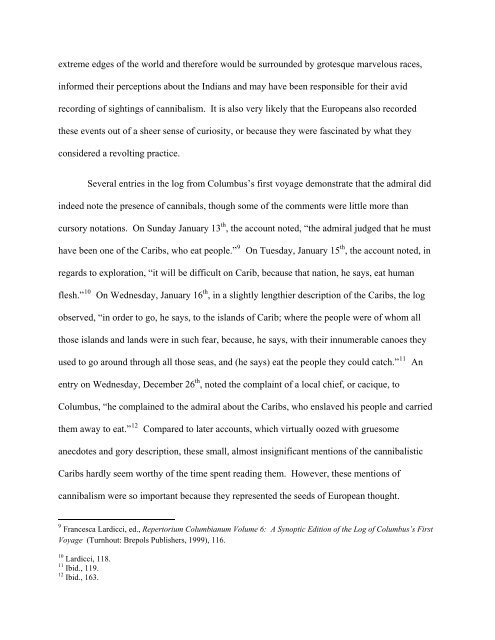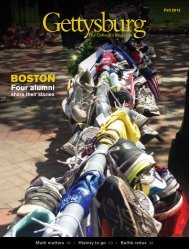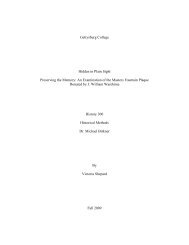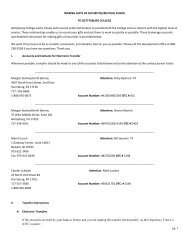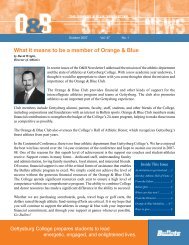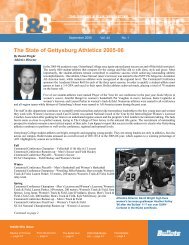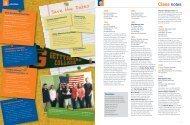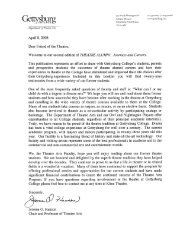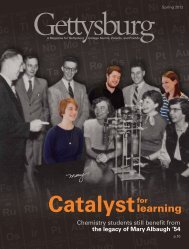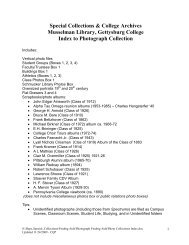Sweet Tooth for Empire: Sugar and the British Atlantic World
Sweet Tooth for Empire: Sugar and the British Atlantic World
Sweet Tooth for Empire: Sugar and the British Atlantic World
You also want an ePaper? Increase the reach of your titles
YUMPU automatically turns print PDFs into web optimized ePapers that Google loves.
extreme edges of <strong>the</strong> world <strong>and</strong> <strong>the</strong>re<strong>for</strong>e would be surrounded by grotesque marvelous races,<br />
in<strong>for</strong>med <strong>the</strong>ir perceptions about <strong>the</strong> Indians <strong>and</strong> may have been responsible <strong>for</strong> <strong>the</strong>ir avid<br />
recording of sightings of cannibalism. It is also very likely that <strong>the</strong> Europeans also recorded<br />
<strong>the</strong>se events out of a sheer sense of curiosity, or because <strong>the</strong>y were fascinated by what <strong>the</strong>y<br />
considered a revolting practice.<br />
Several entries in <strong>the</strong> log from Columbus’s first voyage demonstrate that <strong>the</strong> admiral did<br />
indeed note <strong>the</strong> presence of cannibals, though some of <strong>the</strong> comments were little more than<br />
cursory notations. On Sunday January 13 th , <strong>the</strong> account noted, “<strong>the</strong> admiral judged that he must<br />
have been one of <strong>the</strong> Caribs, who eat people.” 9 On Tuesday, January 15 th , <strong>the</strong> account noted, in<br />
regards to exploration, “it will be difficult on Carib, because that nation, he says, eat human<br />
flesh.” 10 On Wednesday, January 16 th , in a slightly lengthier description of <strong>the</strong> Caribs, <strong>the</strong> log<br />
observed, “in order to go, he says, to <strong>the</strong> isl<strong>and</strong>s of Carib; where <strong>the</strong> people were of whom all<br />
those isl<strong>and</strong>s <strong>and</strong> l<strong>and</strong>s were in such fear, because, he says, with <strong>the</strong>ir innumerable canoes <strong>the</strong>y<br />
used to go around through all those seas, <strong>and</strong> (he says) eat <strong>the</strong> people <strong>the</strong>y could catch.” 11 An<br />
entry on Wednesday, December 26 th , noted <strong>the</strong> complaint of a local chief, or cacique, to<br />
Columbus, “he complained to <strong>the</strong> admiral about <strong>the</strong> Caribs, who enslaved his people <strong>and</strong> carried<br />
<strong>the</strong>m away to eat.” 12 Compared to later accounts, which virtually oozed with gruesome<br />
anecdotes <strong>and</strong> gory description, <strong>the</strong>se small, almost insignificant mentions of <strong>the</strong> cannibalistic<br />
Caribs hardly seem worthy of <strong>the</strong> time spent reading <strong>the</strong>m. However, <strong>the</strong>se mentions of<br />
cannibalism were so important because <strong>the</strong>y represented <strong>the</strong> seeds of European thought.<br />
9<br />
Francesca Lardicci, ed., Repertorium Columbianum Volume 6: A Synoptic Edition of <strong>the</strong> Log of Columbus’s First<br />
Voyage (Turnhout: Brepols Publishers, 1999), 116.<br />
10 Lardicci, 118.<br />
11 Ibid., 119.<br />
12 Ibid., 163.


